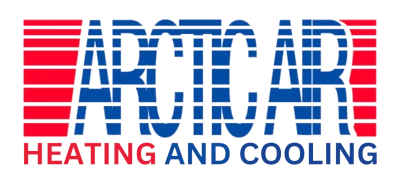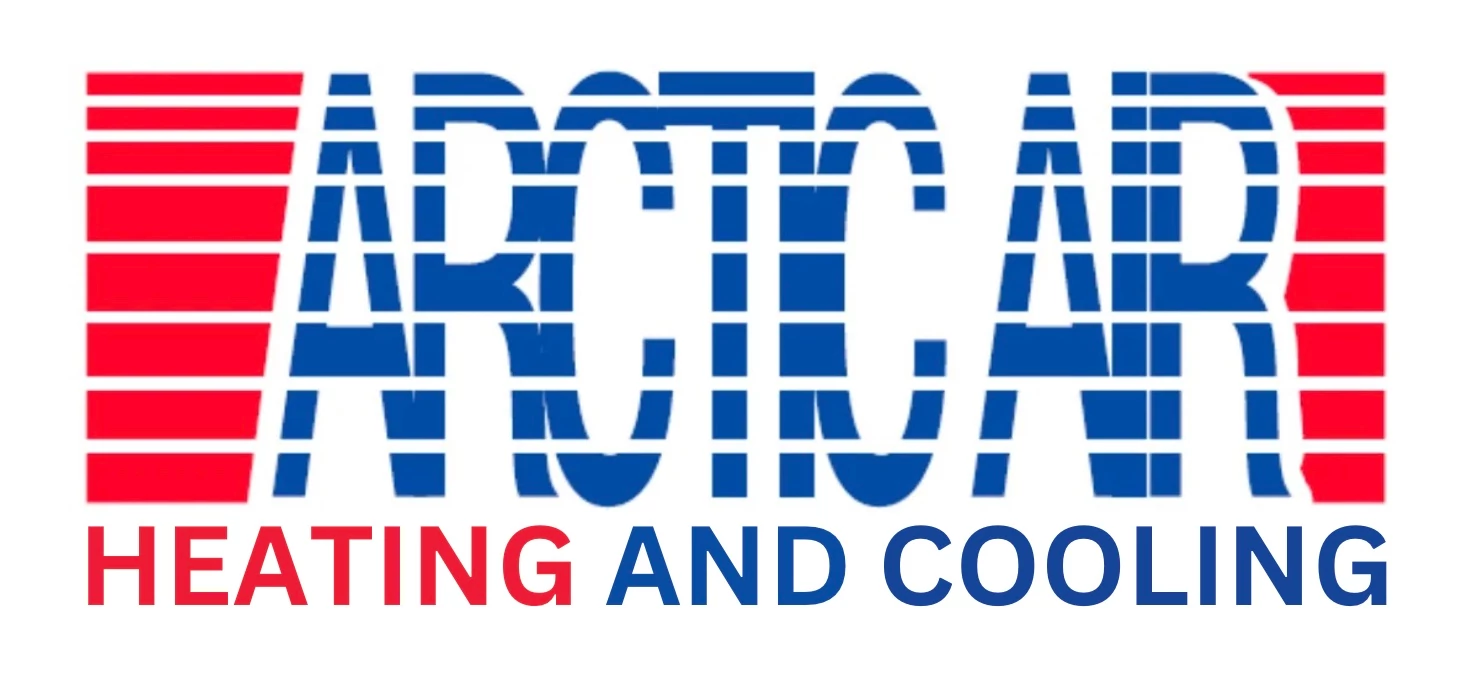To understand why HVAC air filters are an important part of an HVAC system, it is important to conceptualize the operation of the HVAC system. The basic operation of the HVAC system is to take air into the system, pass it through a filter to trap dust particles and the push the clean air out of the system by use of a fan or blower. To ensure that the recirculated air is fresh and free of dust and allergens, the system requires a filter that effectively traps particles and keeps the system running at peak manufactured efficiency ratings.
Sizing HVAC Air Filters
HVAC air filters are sold in a variety of sizes to meet the HVAC system’s manufactured specifications. In large industrial HVAC systems, these are often coated for highest filtration efficiency. In residential systems, the filters range in quality from basic, standard and premium quality and price. It’s important to choose the proper HVAC air filter according to the specific HVAC system manufacturer’s recommendations. This is found in the operations and maintenance manual that accompanies the systems upon installation or replacement.
How to Choose the Correct HVAC Air Filter?
There are several things to consider when purchasing HVAC air filters for your system. The type of fan or blower in the HVAC system should be adequate to filter air without additional stress on the overall heating or cooling operation. It important to note that the thickness of air filters contribute to how freely the air will flow into the filter and return as recirculated air.
A professional HVAC expert can provide information on the compatibility between the fan or blower and the correct air filter thickness. Less expensive air filters will require changing more frequently than HEPA filters which can be changed approximately every three months. Also, HVAC air filters are now available with special non-allergenic coatings that increase air purification.
Basic Filter
The basic HVAC air filter is either square or rectangular in shape and has a corrugated frame. Inside this frame is a fiberglass fabric. It generally has a MERV (Minimum Efficiency Reporting Value) of 2 to 4 which can filter .30 to 1 microns of particles. This is the least expensive HVAC air filter. This filter needs to be changed once a month for maximum efficiency.
Standard Filter
The standard filter for HVAC systems looks slightly different than the basic filter. These also have a corrugated frame. However, some have a honeycomb or cross pane corrugated panel over the pleated filter material. Unlike the basic filter, the filter material is composed of synthetic media. These filters have a MERV rating of 7 to 12, depending on the size of the filter and the filter’s capacity. Prices depend on the brand name, the size and the specific type of filter media.
Premium Filter
The premium filter for HVAC systems is based on higher levels of filtration efficiency and added features like pollen, mold, odors, bacteria, mildew, electrostatic properties, virus and smoke filtering. Depending on the specific features these premium filters are the most expensive. They are usually pleated and some rely on cotton as the filtration media. These have a MERV rating of 13 or higher for individuals with special indoor air quality needs.
Are Expensive HVAC Air Filters Worth It?
The answer to the question of whether expensive HVAC air filters are worth it depends on specific needs. To discuss filter replacement in Kansas City MO, Arctic Air Heating & Cooling is a good source of advice. It’s always best to rely on the experienced professionals at Arctic Air Heating & Cooling for assistance with filter replacement in Kansas City MO.

